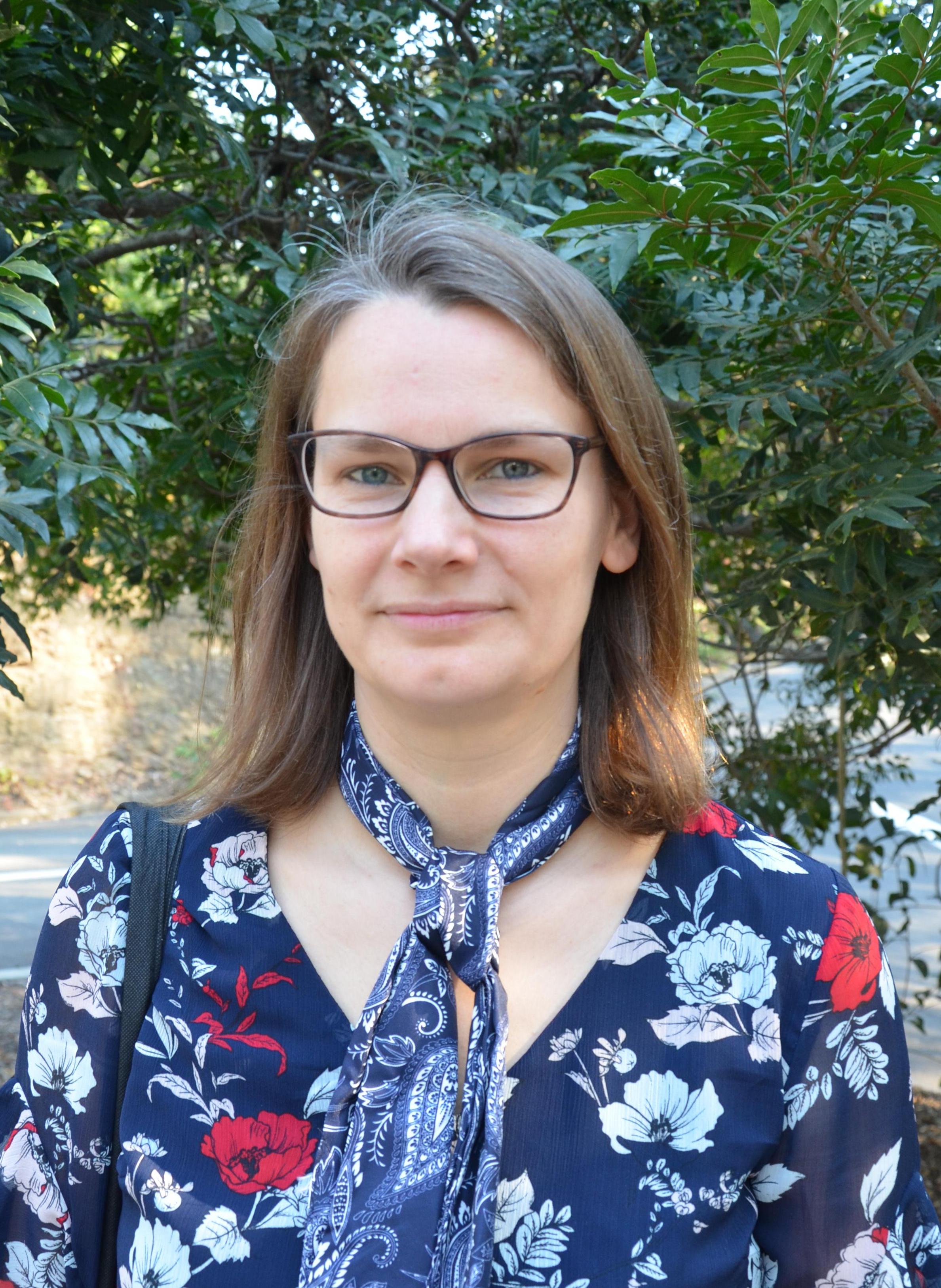Clear, consistent evidence over the past five decades has shown that parents being engaged in their children’s school education leads to better academic, social, and emotional outcomes for their children. These outcomes are strongly related to later life outcomes including reduced risk of anti-social behaviour and improved employment prospects. However, little is known about which engagement strategies and practices are the most effective, why some parents are disengaged with school, and the role that Principals can play in engaging parents in student learning through their leadership styles.
To investigate these issues, The University of Queensland (UQ), P&Cs Qld, and the Queensland Department of Education collected data on parent-school-community engagement in Queensland State Schools through the Parent Engagement in Schools (PES) project using a multi-phase approach.
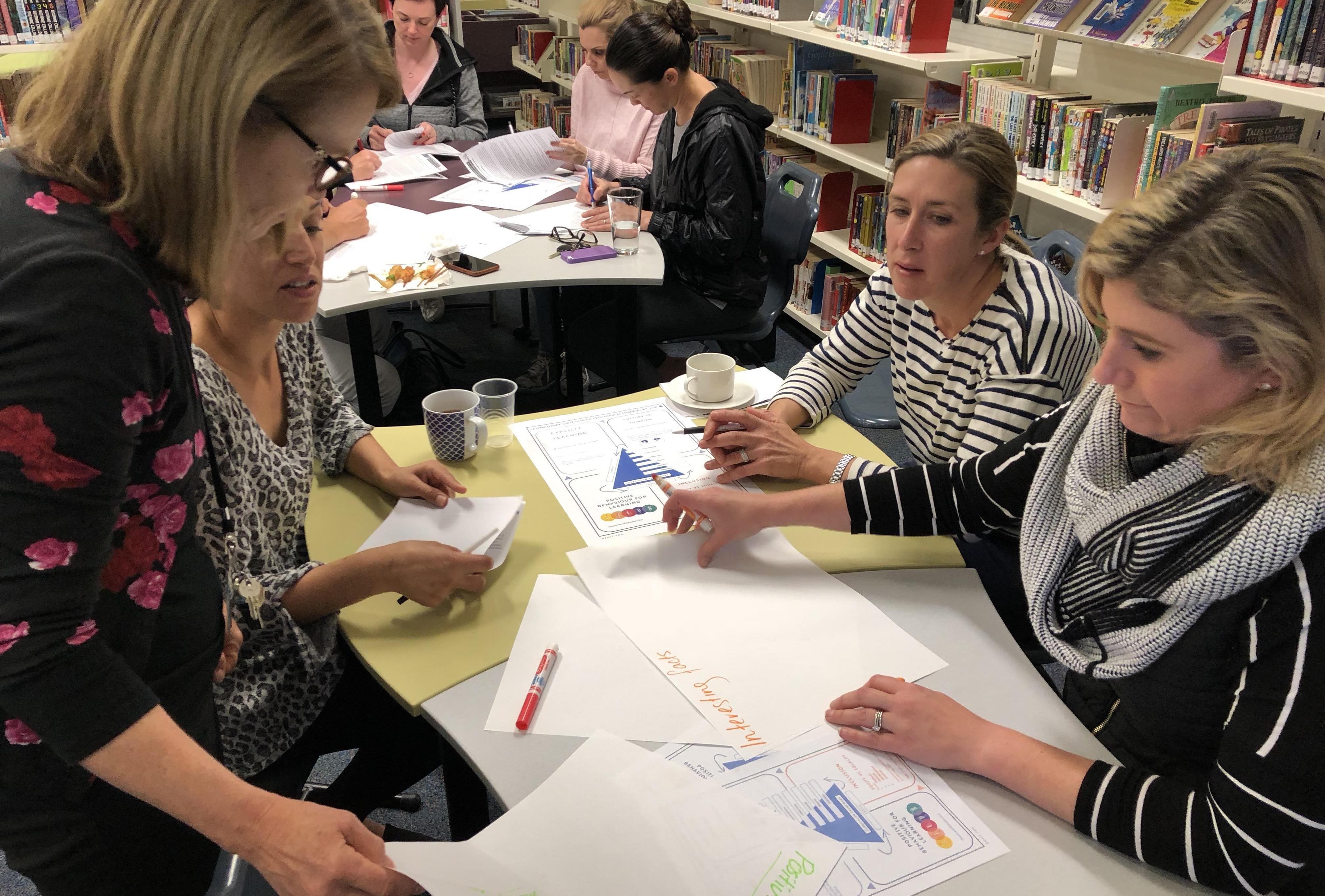 Parent-School-Community Engagement
Parent-School-Community Engagement
Parent-school-community engagement refers to schools, parents, and the community working together to maximise student learning and wellbeing. Effective engagement creates authentic relationships which are valued by each partner.
Aims
The project’s key aims are to:
- Investigate the levels of
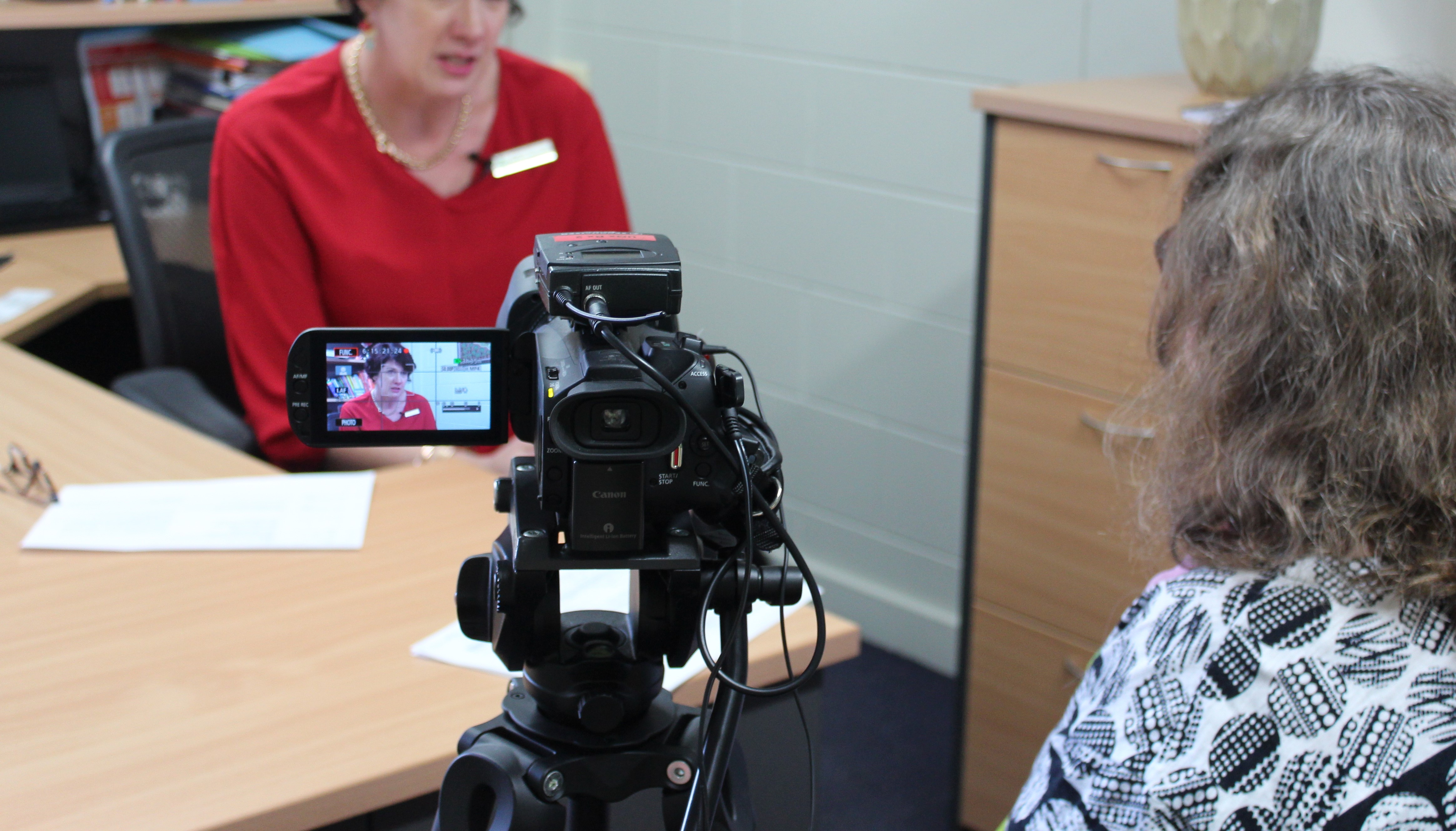 parent-school-community engagement across Queensland State Schools and the culture around engagement in schools.
parent-school-community engagement across Queensland State Schools and the culture around engagement in schools. - Investigate the roles that the Principal and school leadership and a positive school climate play in encouraging parent-school-community engagement.
- Identify effective parent-school-community engagement strategies and practices in disadvantaged schools relevant to their unique situations and contexts.
- Identify effective strategies and practices to improve and strengthen parent-school-community engagement in Queensland State Schools.
- Facilitate the successful transfer of effective engagement strategies and practices between Principals/schools.
Contact
For all general enquiries, please contact Chief Investigator, ISSR: A/Prof Jenny Povey (j.povey@uq.edu.au)
![]() Phase I PES Project 2014 - Baseline Survey (led by A/Prof Povey, funded by CIEF)
Phase I PES Project 2014 - Baseline Survey (led by A/Prof Povey, funded by CIEF)
In August 2014, all Principals and P&C Association Presidents in Queensland State Schools were invited to participate in the research by completing online surveys. The findings from this research provided insights into the role that those in leadership positions, such as the Principal, play in parent-school-community engagement.
![]() Phase II Horizon 2016-2017 - Data Collection (led by Dr Willis, funded by the Education Horizon Grant)
Phase II Horizon 2016-2017 - Data Collection (led by Dr Willis, funded by the Education Horizon Grant)
Phase II Horizon 2016-2017 investigated Principal leadership for parent-school-community engagement in disadvantaged schools. The research was conducted in four disadvantaged schools that appeared to be engaging parents effectively, which were identified from the survey data in Phase I PES 2014. Teachers and parents at these schools were invited to complete surveys and participate in focus groups, and members of the school leadership team were interviewed. Findings from this phase of the research provided learnings and insights into the variety and range of strategies and practices that assisted these Principals to implement and/or strengthen engagement with parents and their school communities.
![]() Phase III Horizon 2017-2019 - Data Collection (led by Dr Willis, funded by the Education Horizon Grant)
Phase III Horizon 2017-2019 - Data Collection (led by Dr Willis, funded by the Education Horizon Grant)
Phase III Horizon 2017-2019 extended the previous phases to investigate eight additional schools - six of which were identified from the original survey data collected in Phase I PES 2014 and two of which were recommended by P&Cs Qld. These additional schools included advantaged and disadvantaged schools. Data collection involved interviews with each school’s Principal and P&C President. The research team subsequently approached a selection of these schools to conduct focussed research on key parent-school-community engagement strategies that were identified.
![]() Phase IV 2019-2020 - Piloting of the Professional Development Online Module, development and roll out of the Parent Engagement Toolkit (PET), analyses of usage and impact (led by A/Prof Povey, funded by the Life Course Centre)
Phase IV 2019-2020 - Piloting of the Professional Development Online Module, development and roll out of the Parent Engagement Toolkit (PET), analyses of usage and impact (led by A/Prof Povey, funded by the Life Course Centre)
The findings from Phase III were used to develop: 1) a Professional Development Online Module and 2) a Parent Engagement Toolkit (PET) petoolkit.org.au for use by school leaders, teachers, preservice teachers, P&Cs, and parents. The PET includes videos, photographs, tip sheets, case studies, infographics, vignettes, and publications illustrative of effective parent-school-community engagement strategies and practices obtained throughout Phases II and III of the project. Eight schools that had not participated in the research to date are currently piloting the Online Module, where the PET has been embedded, to identify the usefulness of the information and resources. This data will be used to understand the best way to present the resources - as professional training, standalone resources or both - to increase the uptake of the resources into practice. The Parent Engagement Toolkit has now been launched and is freely available to all schools in Australia.
![]() Phase I PES Project 2014
Phase I PES Project 2014
Preliminary results presented at the P&C Conference 12 September 2014:
Summary findings sent to the Queensland State Schools and the Department of Education (formally DET):
- Phase I PES 2014 - All school summary
- Phase I PES 2014 - Primary school summary
- Phase I PES 2014 - Secondary school summary
- Phase I PES 2014 - DET research summary
Working papers published in the LCC Working Paper Series:
- Engaging Parents in Schools and Building Parent-School Partnerships: The Role of School and Parent Organisation Leadership. (Jenny Povey, Alice Campbell, Linda Willis, Michele Haynes, Mark Western, Sarah Bennett, Emma Antrobus and Charley Pedde)
Published: April 21, 2016
Peer reviewed journal articles:
- Engaging parents in schools and building parent-school partnerships: The role of school and parent organisation leadership
- Parent engagement: The current research (page 2)
![]() Phase II Horizon 2016-2017
Phase II Horizon 2016-2017
Preliminary findings presented at the Parent Engagement Conference - Australian Research Alliance for Children and Youth (ARCAY) Melbourne 6-8 June 2017:
Posters presented at the DET Research Showcase 2017: Make an Impact! 14 November 2017:
Summary findings sent to the Department of Education:
- Phase II Horizon 2016 - 2017 - Summary qualitative findings
- Phase II Horizon 2016 - 2017 - Summary quantitative findings
Case studies document:
Published books:
- Willis, L.-D., Povey, J., Hodges, J., Carroll, A. (2021). Principal Leadership for Parent Engagement in Disadvantaged Schools. Singapore: Springer Singapore. https://www.springer.com/gp/book/9789811612633
![]() Phase III Horizon 2017-2019
Phase III Horizon 2017-2019
Summary findings sent to the Department of Education:
![]() Phase IV 2019-2020 - Piloting of the Professional Development Online Module, development and roll out of the Parent Engagement Toolkit (PET)
Phase IV 2019-2020 - Piloting of the Professional Development Online Module, development and roll out of the Parent Engagement Toolkit (PET)
Parent Engagement Toolkit circulated to Queensland State Schools in February 2021:
Parent Engagement Toolkit
Australian Government
Family-School Partnerships Framework
Queensland Government
Parent and Community Engagement Framework
About the Parents and Citizens’ Associations (DET Qld)
Principal Leadership for Parent-School-Community Engagement case study video
P&Cs QLD
Other Resources
 A/Prof Jenny Povey, Chief Investigator,
A/Prof Jenny Povey, Chief Investigator,
Institute for Social Science Research,
The University of Queensland
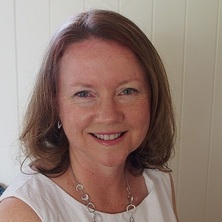 Dr Linda Willis, Chief Investigator,
Dr Linda Willis, Chief Investigator,
School of Education,
The University Of Queensland
 Dr Julie Hodges, Chief Investigator,
Dr Julie Hodges, Chief Investigator,
School of Psychology,
The University Of Queensland
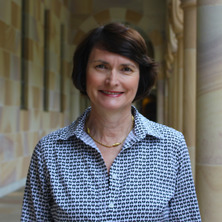 Professor Annemaree Carroll, Chief Investigator,
Professor Annemaree Carroll, Chief Investigator,
School of Education,
The University Of Queensland

Dr Emma Antrobus, Chief Investigator,
School of Social Science,
The University of Queensland
 Professor Mark Western, Chief Investigator,
Professor Mark Western, Chief Investigator,
Institute for Social Science Research,
The University of Queensland

Prof Janeen Baxter, Chief Investigator,
Institute for Social Science Research,
The University of Queensland
 Dr Sarah Bennett, Chief Investigator,
Dr Sarah Bennett, Chief Investigator,
School of Social Science,
The University of Queensland
Dr Stefanie Plage, Chief Investigator,
Institute for Social Science Research,
The University of Queensland
 Elizabeth Kennedy, Project Manager,
Elizabeth Kennedy, Project Manager,
Institute for Social Science Research,
The University of Queensland
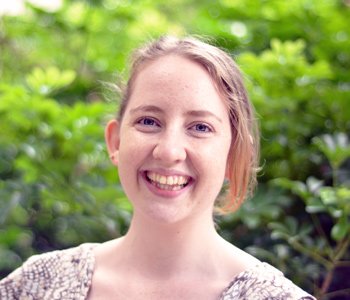 Steffi Cook, Project Manager,
Steffi Cook, Project Manager,
Institute for Social Science Research,
The University of Queensland
Not pictured:
Mr Kevan Goodworth, Partner Investigator,
P&Cs Qld

